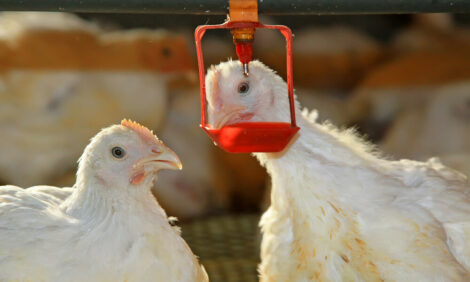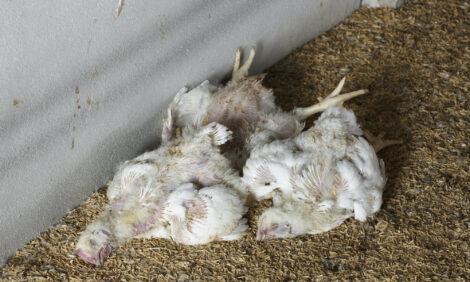



New EU Rules Required for GM Feed
EU - Copa-Cogeca is urging EU member states to a find solution to low level presence of genetically modified (GM) elements not yet authorised in feed, otherwise more EU farmers will be forced out of business.EU farmers' organisation, Copa-Cogeca, is urging member states to agree on new EU rules on the low level presence of genetically modified (GM) elements in feed. If not, EU livestock farmers input costs will soar, costing them hundreds of millions of Euros. Copa-Cogeca argues that the EU is dependent for more than 80 per cent on imports of vegetable proteins for which there are no substitution possibilities in the short term. This is causing feed prices to rise further, thus deepening the crisis in the EU livestock sector, notably for pigs, since feedstuffs represent between 50 to 65 per cent of production costs in the EU. As these raw materials are used in both the feed and food chain, it would be best to find a technical solution for both food and feed.
Nevertheless, Copa-Cogeca called on member states in the Permanent Committee for Biotechnology to agree at their meeting yesterday, 8 February, on a draft regulation allowing at minimum the presence of non-authorised GMOs in feed up until a maximum threshold of 0.1 per cent. Given the bulk handling of grains in international trade, compliance with a zero tolerance policy for LLP of unauthorised material is impossible A practical solution must be found in a short term, otherwise it could cost EU farmers hundreds of millions of Euros. For the winter period 2009-2010, Wageningen University has assessed the overall cost at €1 billion for six months.
Copa-Cogeca Secretary-General, Pekka Pesonen, stressed: “At a time when most EU livestock producers are facing serious economic losses, some EU opposition to finding a practical threshold for trace levels of not yet EU authorised GM plants in imported feed will drive EU livestock farmers and feed operators out of business. I consequently urge member states to agree on urgent measures to prevent the EU livestock industry from re-locating abroad”. In the longer term, Copa-Cogeca wants to develop the EU own protein supply further and reintroduce the use of processed animal proteins to reduce its dependence on imported soybean.









